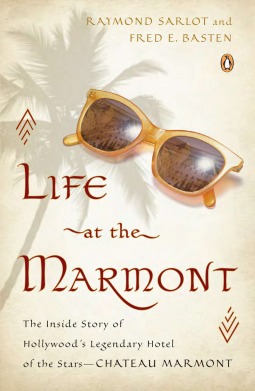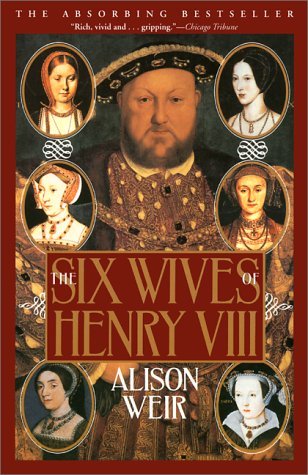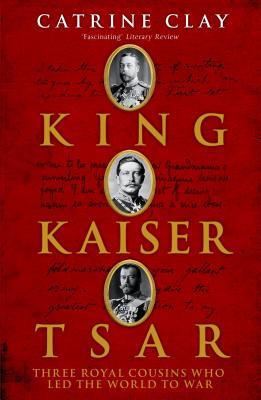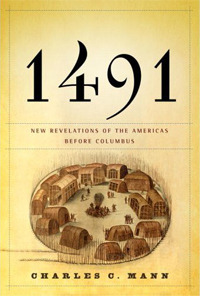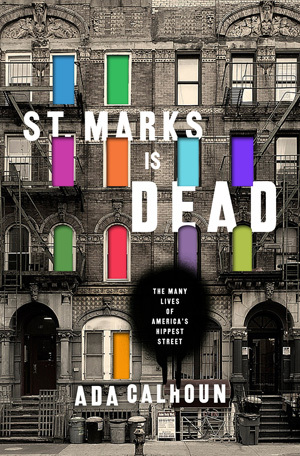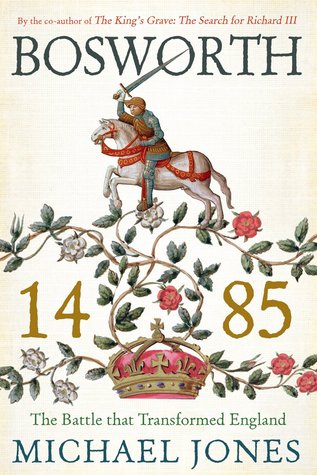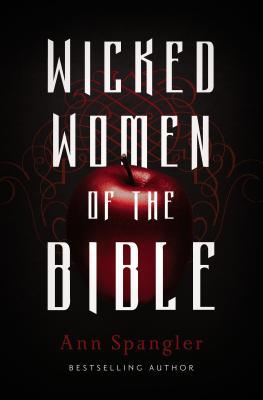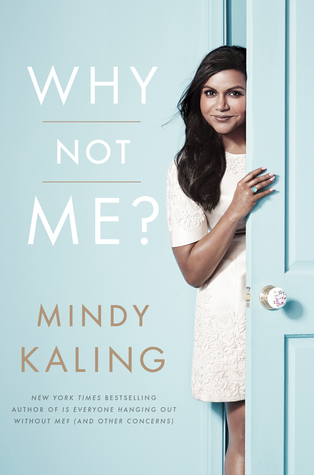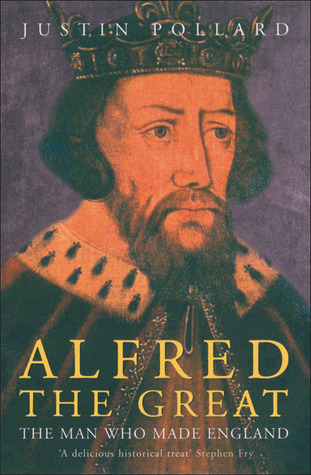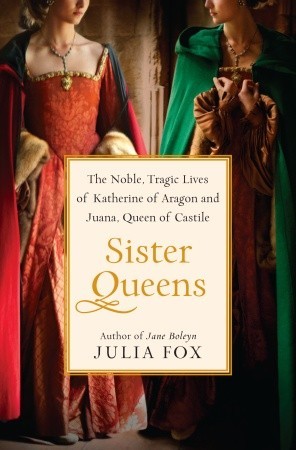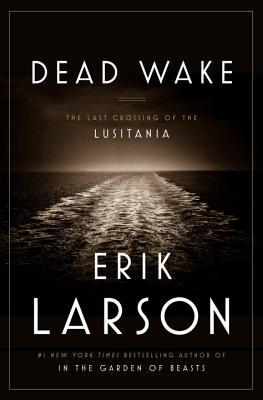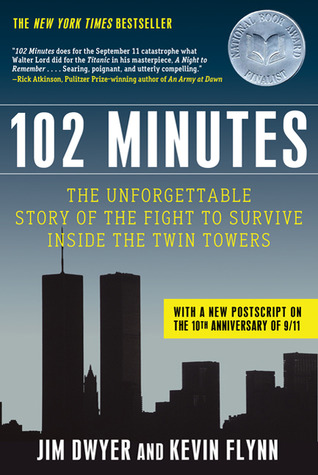
Rating: 4 Stars
I received this book via NetGalley in exchange for an honest review.
I. Loved. This. Book.
Right off the bat I appreciated the use of maps with this book. I am a visual person so I am fond of books that do make good use of maps and photographs. As you begin your journey in Rome and meander your way toward Hadrian's Wall, there are maps along the way to help you trace your journey. I was frustrated by the lack of photos, but naturally as you made your way farther and farther from Rome, there is less that survived elsewhere - especially in Britain of course - to mark all the places the empire expanded to and flourished.
One thing I noticed right away was how well-researched this book is. I like that it is written in the present-tense, as if you, the reader, are making this journey yourself. There were tons of tidbits along the way, things I had never given any thought to, really, despite my deep interest in Roman times and Roman Britain in particular. For example, it would be interesting for us to really know why emperors restricted which kinds of foods could be sold at bars or cook shops along the way. The author suggests that it was because kitchens were such fire hazards, as they were often located in the center of town and it would be kind of a big effing deal if a fire broke out. Another possibility was that the fumes were too nasty or there was simply too much smoke.
Throughout this journey, you travel both by land and by sea. I found the sea portion of the travels just as interesting as that by land - though I was disgusted on many levels to learn that travelers would use tombs as bathrooms. Seriously. Yuck. And so disrespectful. But, back to the sea travel. I thought it was interesting that the ships leaving Roman ports did not actually have accommodations for passengers. I wasn't expecting the Titanic or anything, but basically passengers had to find space on deck or below to sleep. For all the advances ancient Rome made, they couldn't figure out how to build a ship with cabins or some sleeping areas? Seriously?
I find learning about the whole Roman Empire kind of daunting. I mean, it was this vast, sprawling empire and there is so much history, even I almost get bored just because there is SO MUCH to learn. I think this is why I focus more on Roman Britain (plus, Bouddica. Duh...And literally as I typed her name, I realize I spell it differently almost every time. Looking up how I have it labeled for my blog posts, I spelled it 'Boudicca'. Oops. But I have seen it spelled so many different ways and no one can even agree if she was actually real, let alone how to spell her name).
Anyway.
My purpose for mentioning my intimidation by the Roman Empire was to illustrate how little I know about the actual governing and politics. As you are, so to speak, traveling to the edge of the Roman empire to take up your governorship at Hadrian's Wall, it was interesting to learn some detail about the job itself. Imperial Governors had no set term limits. They would be assigned to their post for as long or as short a time as the Emperor chooses. Once the governor has arrived at his post, he must stay until his tour is over. He is not allowed to leave the boundaries of his province for any time. Even if he were conducting official business, referred to as "the fulfilling of a vow", he is not allowed to spend a single night away from his province.
Once we were on the road to Londinium, I was especially interested in this section and beyond because, of course, I love all things related to Britain before 1603. I mean, I don't love Elizabeth I, but that is neither here nor there in relation to this text. This was by far my favorite section, though I really enjoyed the book as a whole. As we enter Londinium, I decided I want my own Transport Officer because I still don't know where most of the stuff in Omaha is after living here for a number of years. To be fair though, I do not actually live in Omaha-proper, nor do I even really care about Omaha, because I hate living here, so there's that. Maybe I don't need a Transport Officer after all.
I loved the section dedicated to Boudicca, the fierce Iceni queen. I'm not keen on the wholesale slaughter of innocent people that she spearheaded, but I understand her need for revenge. I so desperately want her to have been a real person and it just kills me that we will never really know for sure. Despite Tacitus writing of her, there are some historians who doubt her existence. I choose to ignore them and focus on the fact that there is literally a layer of earth below London referred to as the 'Boudiccan Destruction Layer', which is described as a thick layer of red burnt debris which has been found to cover pottery that dates to before 60 AD in what was then Londinium. Roman skulls were also found a few years ago that were possibly Boudicca's victims. She was real, I know it. She has to be.
Aside from the trip through Londinium, I was just as excited about the jaunt through Bath, perhaps my favorite city in England (though to be fair, I did not get to spend a ton of time in London, which I am sure I would love just as much). There was a whole chapter dedicated to Bath and as the author was describing the great bath, I could picture it in my mind exactly and I was right back there, as I had been physically a few years ago. it's a very calming place, even now with tourists traipsing through. I'd love to be there when it's quiet, but even when it's not, you get this very cool, peaceful feeling. Plus dusk was settling as our time there was ending, and it was very surreal, very cool. I'd like to go back in the future and experience it without my camera so I can just BE there. Also, the curses discovered at Bath are hilarious.
There were many little things throughout the book that really made it for me. Throughout the trek from Rome to Hadrian's Wall as Julius Severus would have done, the author includes the modern name in parentheses after the Roman name. Additionally, with a lot of the quotes the author uses, she then puts its translation into Latin after giving the English version.
Seeing Hadrian's Wall, walking some it, is high on my bucket list. But the author brings up a great point about the families who were displaced by the building of this marvel. These families may have been on that land for hundreds of years, but their homes were demolished after having to be abandoned because the wall was built. That bums me out because those Romans were just kind of jerks all around and didn't care who they displaced in order to try to bring order to the ends of their empire.
The final chapter of the book actually ends at 48%. A post-script follows that is entitled 'Beyond 130 AD: People, Politics, and Places." We kind of find out what happened to Julius Severus after he was recalled to Rome. The politics section goes over what happened to Rome and the 'Places of Note' section gives a bit more information about all the places mentioned or visited in the text. I also appreciated this section because it then gave a little info about what those places are like today.
Before the bibliography at 54%, the author also included a list of the Latin place names and their English counterparts. I found this extremely helpful, as was the bibliography section itself. It reiterated just how well-researched the book is, so even though the actual text was only 48% of the file, it was definitely worth the read.
The only complaint I really have about this one is that due to the asterisks throughout the chapters corresponding with notes at the end of each chapter, a hard copy would have been easier to go back and forth between. There were points where I would get to the notes section at the end of a chapter and sometimes forget what I had especially wanted to know more about. Otherwise, this was a really fantastic read that I enjoyed. Highly recommended.






